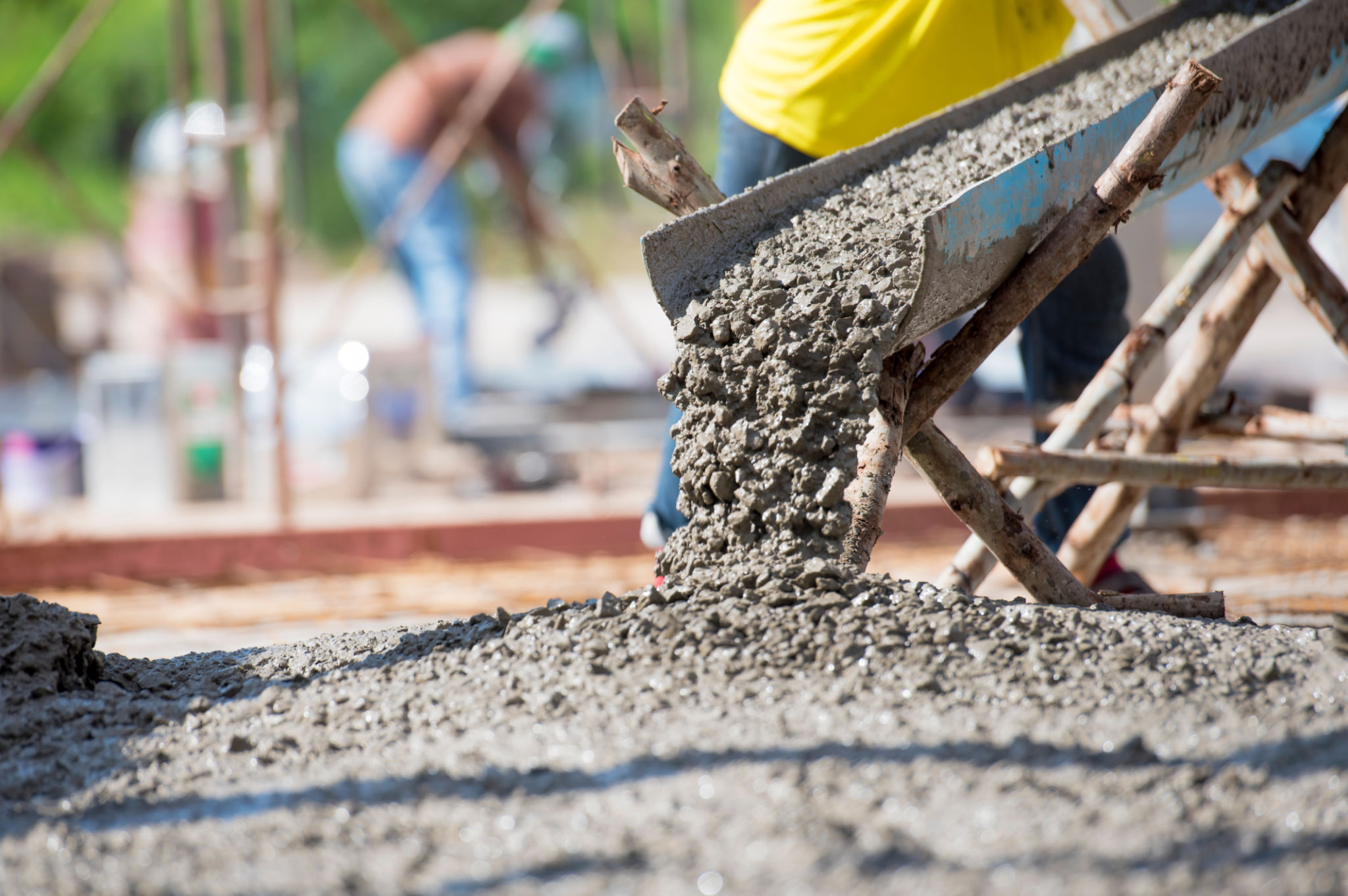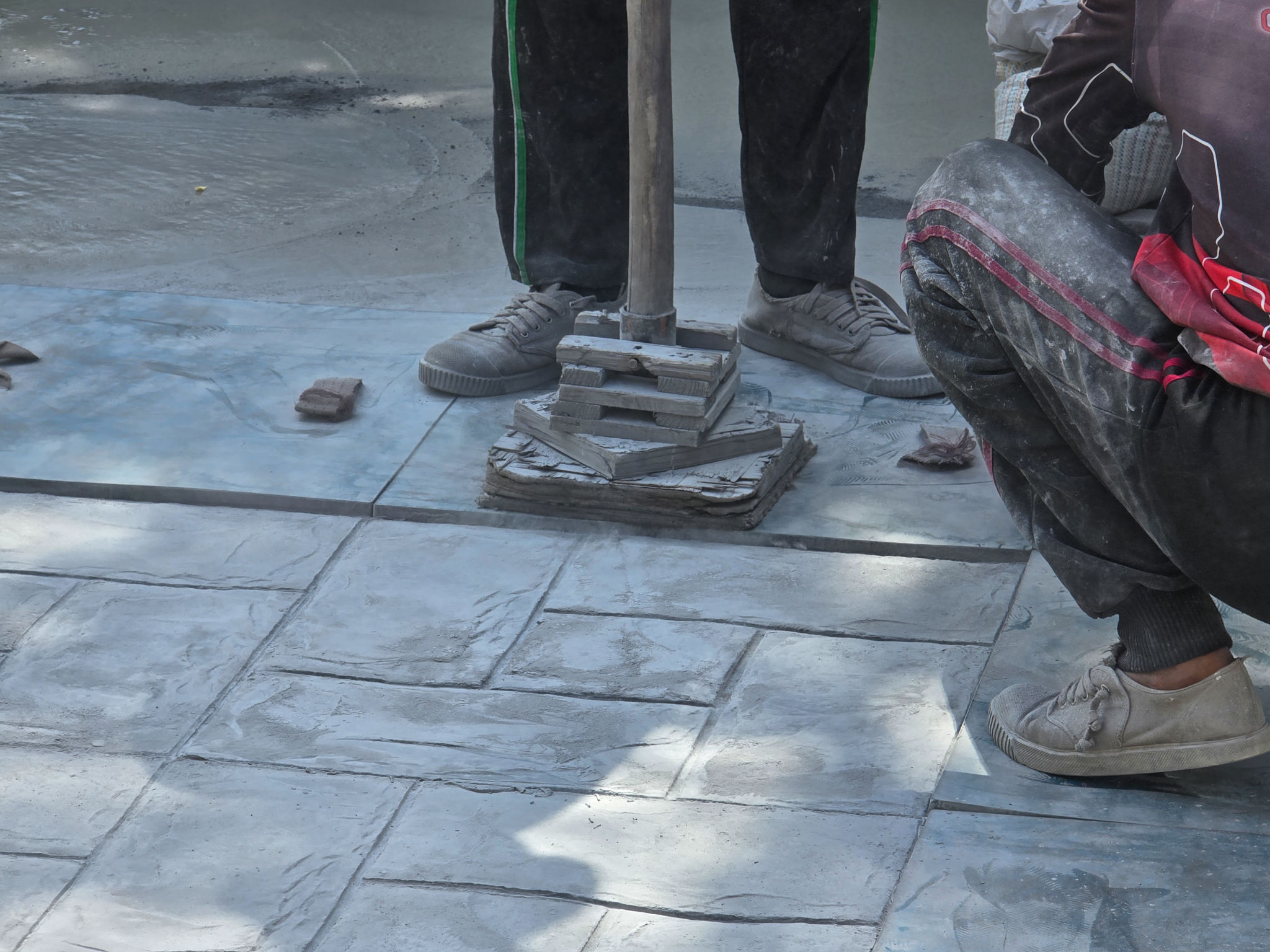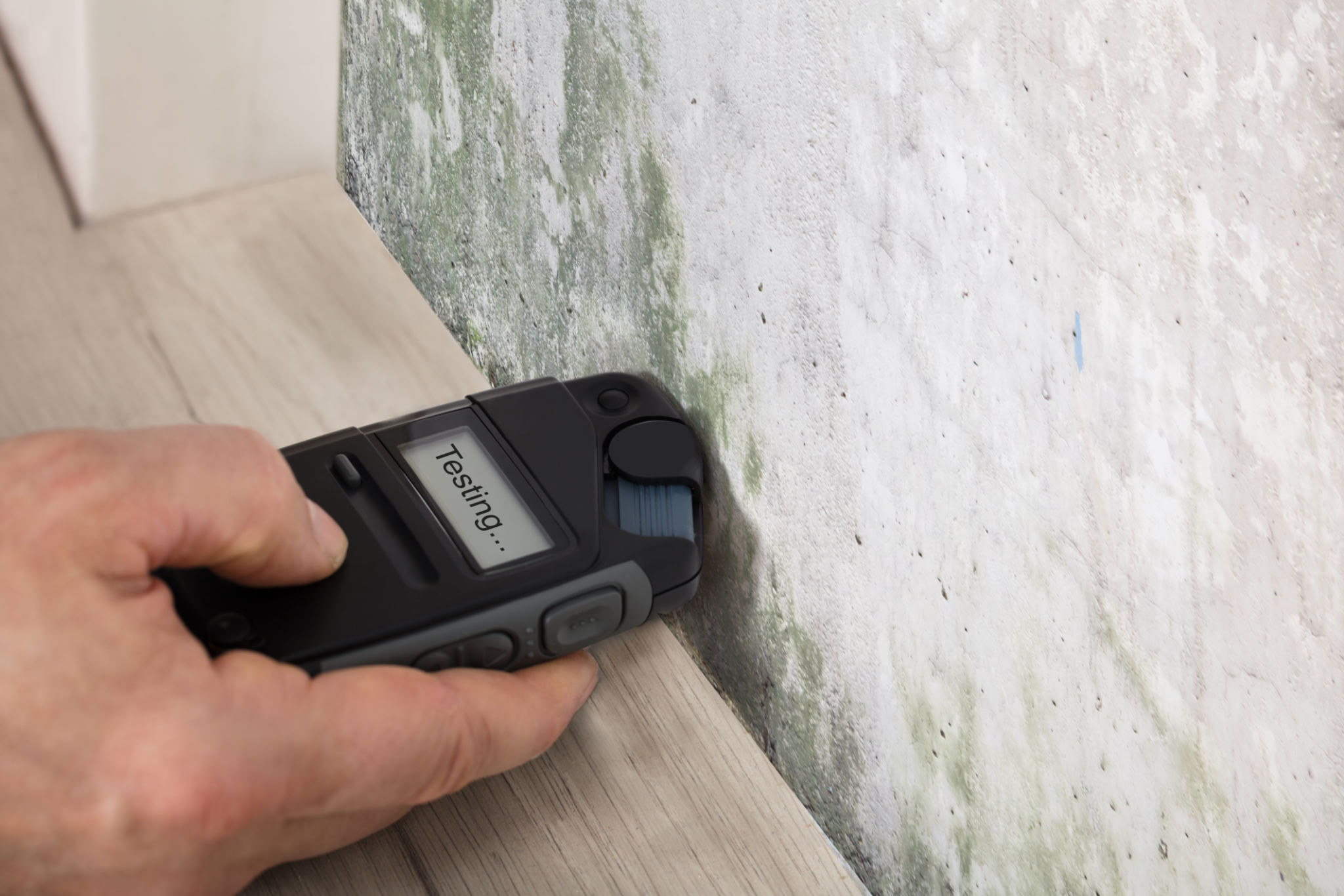How to Choose the Right Concrete Mix for Your Project
Understanding the Basics of Concrete Mix
Choosing the right concrete mix is crucial for the success of any construction project. Whether you're building a driveway, a patio, or a foundation, selecting the appropriate mix ensures durability, strength, and longevity. The right mix depends on several factors, including the purpose of your project, the environmental conditions, and specific design requirements.
Concrete is made up of three basic components: cement, water, and aggregates (sand, gravel, or crushed stone). The proportion of these materials can significantly affect the performance characteristics of the concrete. Understanding these basics will help you make an informed decision.

Factors to Consider When Choosing a Concrete Mix
Project Requirements
The first step in choosing a concrete mix is to consider the specific requirements of your project. Ask yourself questions like: What is the load-bearing requirement? Is it an indoor or outdoor project? Will it be exposed to harsh weather conditions? Answering these questions will guide you in selecting a mix with the right strength and durability.
Environmental Conditions
Environmental factors such as temperature and humidity play a significant role in determining the right concrete mix. In colder climates, you might need a mix that includes additives to prevent freezing during curing. For areas with high temperatures, a mix that resists cracking due to rapid drying is essential.

Types of Concrete Mixes
Standard Mixes
Standard concrete mixes are used for general construction purposes. They are categorized based on their compressive strength, which is measured in megapascals (MPa). Common mixes include C10, C15, C20, and C25, with C10 being suitable for non-structural projects like pathways and C25 for domestic floors and foundations.
Specialty Mixes
For projects that require specific performance characteristics, specialty mixes might be necessary. These include high-strength concrete for heavy load-bearing structures, lightweight concrete for reduced load on supports, and waterproof concrete for structures exposed to water.

Mix Design and Testing
Mix design involves determining the appropriate proportions of cement, water, and aggregates to achieve the desired properties in fresh and hardened concrete. It's often recommended to work with a professional engineer or concrete supplier who can provide customized mix designs tailored to your project's needs.
Before using any concrete mix in your project, conducting tests like slump tests for workability and compressive strength tests is crucial. These tests ensure that the mix meets the specified criteria and performs as expected.

Working with a Professional
If you're unsure about the right concrete mix for your project, it's advisable to consult with a professional contractor or engineer. They can offer valuable insights and recommendations based on their experience and expertise. Additionally, they can help you avoid common pitfalls and ensure that your project is completed successfully.
Ultimately, choosing the right concrete mix requires careful consideration of various factors. By understanding your project's needs and environmental conditions, you can select a mix that enhances performance and extends the lifespan of your structure.